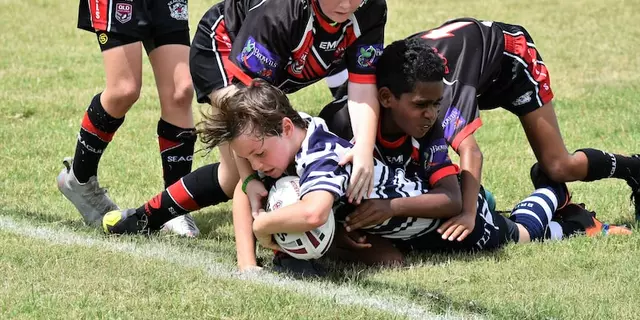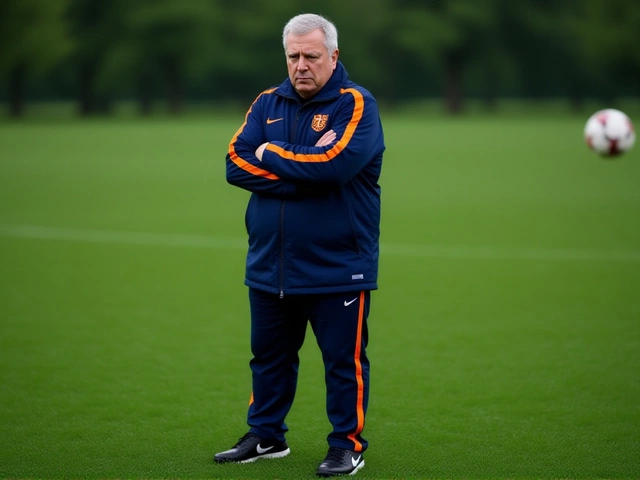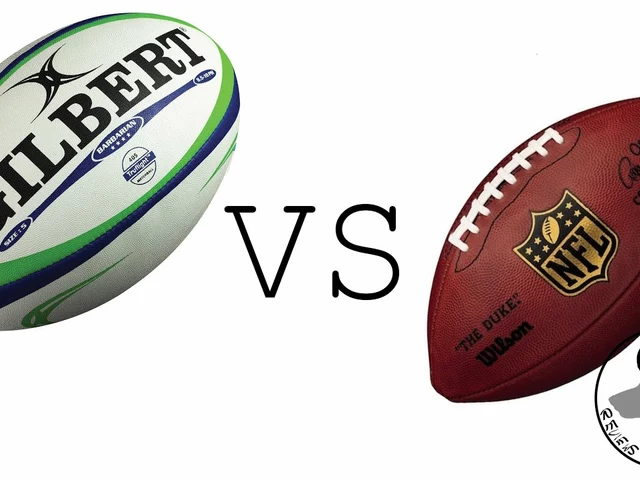Reading History: Quick Takes on Rugby, Sports and Training
If you love a short, punchy read about rugby and the sports that swirl around it, you’ve landed in the right spot. This page gathers the most popular posts under the "Reading history" tag, giving you instant answers to questions like "Did rugby come before American football?" or "How do I start training for rugby?" No fluff, just clear, practical info.
Rugby Roots and Rival Sports
One of the most common questions we get is whether rugby predates American football. The short answer: yes. Rugby emerged in early‑19th‑century England, while American football only formed later that century by borrowing rules from both rugby and soccer. That makes rugby the older sibling in the football family tree.
Speaking of siblings, many wonder if soccer (the football most of the world plays) grew out of rugby. In the 1860s, English schoolboys wanted a less bruising game, so they stripped away the handling element and created what became modern soccer. The Football Association codified those rules in 1863, separating the two sports for good.
Another hot topic is the Rugby World Cup schedule. Some fans thought there would be a tournament in 2022, but the event only happens every four years. After Japan in 2019, the next edition is set for France in 2023. Keeping the calendar straight saves you from marking the wrong dates on your diary.
Comparing rugby to American football can feel like choosing between two flavors of the same dish. Rugby offers continuous play, no‑stop action, and requires players to stay on the field for the whole match. American football, on the other hand, breaks the game into short bursts with frequent substitutions. Which one is "better"? It boils down to personal taste – some love the strategic pauses, others crave the relentless flow.
Training, Performance and Current Buzz
Thinking about hitting the gym for rugby? Start with a mix of cardio, interval training, and agility drills. Running and sprint repeats boost endurance, while ladder drills sharpen footwork. Don’t forget core work—planks, Russian twists, and deadlifts build the stability you need for tackles and scrums.
Nutrition plays a silent but huge role. Aim for a balanced diet rich in lean protein, complex carbs, and healthy fats. Hydration isn’t optional either; sip water throughout the day, not just during practice.
Speed debates often pop up, especially when comparing NFL athletes to rugby players. NFL players train for explosive bursts—think 40‑yard dash—while rugby players need to sustain high speed over longer periods. Both are fast in their own right, but the training focus differs.
Even tennis stars find their way onto our tag page. Novak Djokovic’s French Open title defence made headlines, and while it’s not rugby, the story illustrates how elite athletes handle pressure—something every rugby player can learn from.
All these pieces fit together to give you a quick, useful snapshot of rugby’s past, its relationship with other sports, and how to improve your own game. Bookmark this page, skim when you need a refresher, and keep the conversation going in the comments.

White Horse pub, Caversham: Locals revive memories of a vanished landmark at 74 Caversham Road
Residents in Reading are sharing memories of the long-gone White Horse at 74 Caversham Road. The pub was later swept away for an office block, but its stories linger—after-work pints, darts nights, and talk of a later Indian takeaway on the site. Records are thin, and locals are helping piece together what stood there, when it changed, and why it disappeared.
Sep 10 2025




